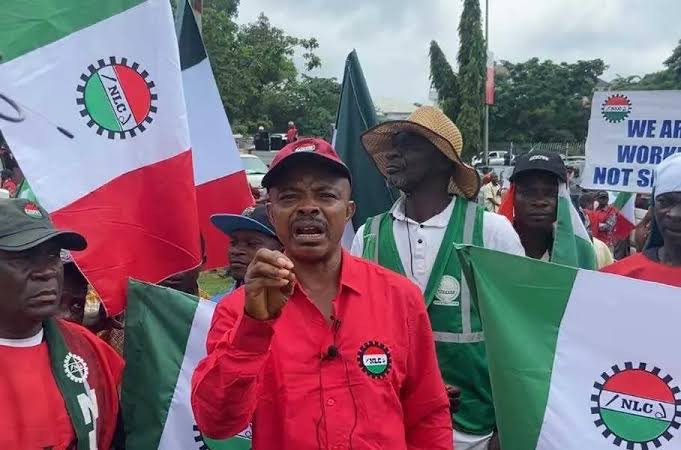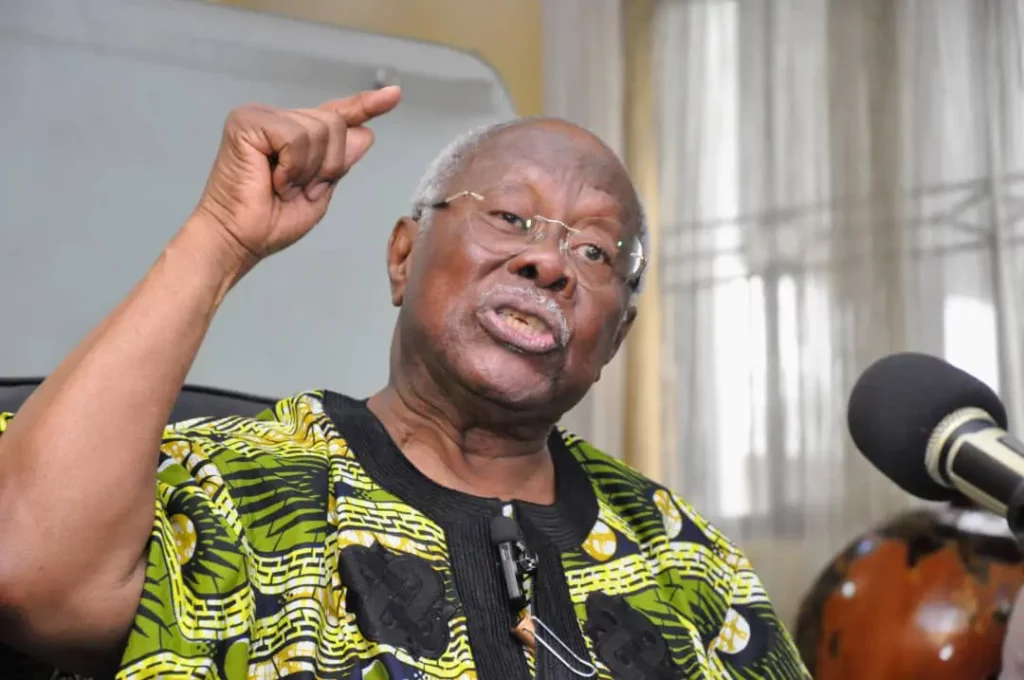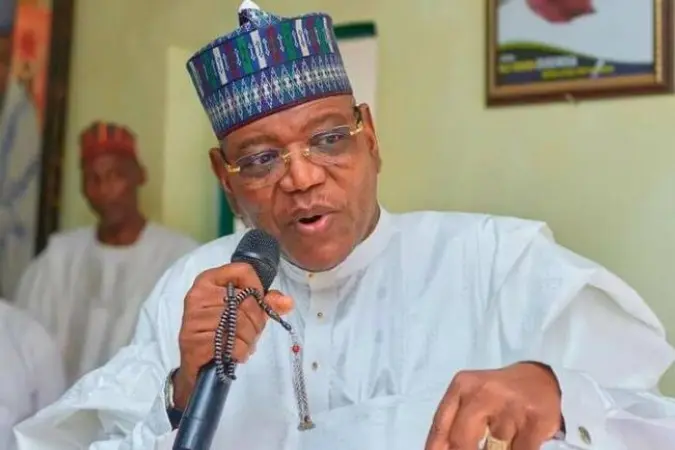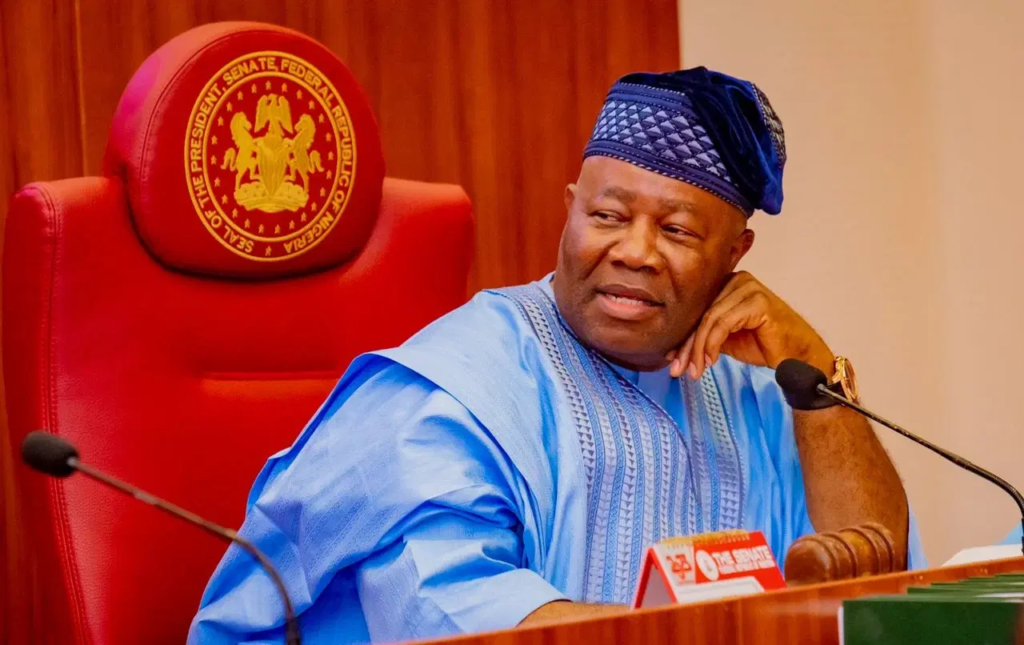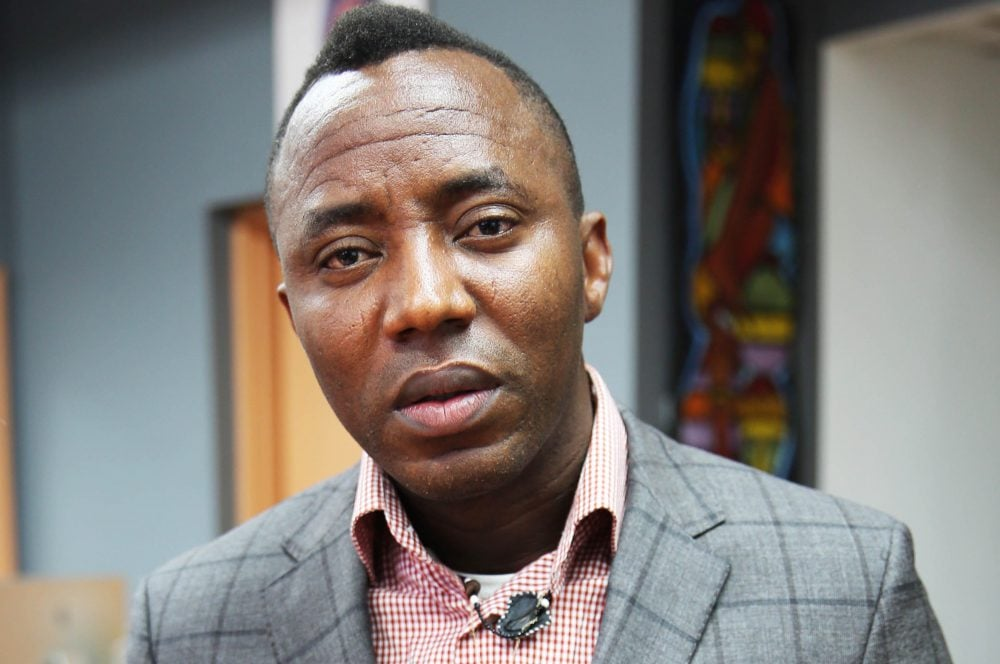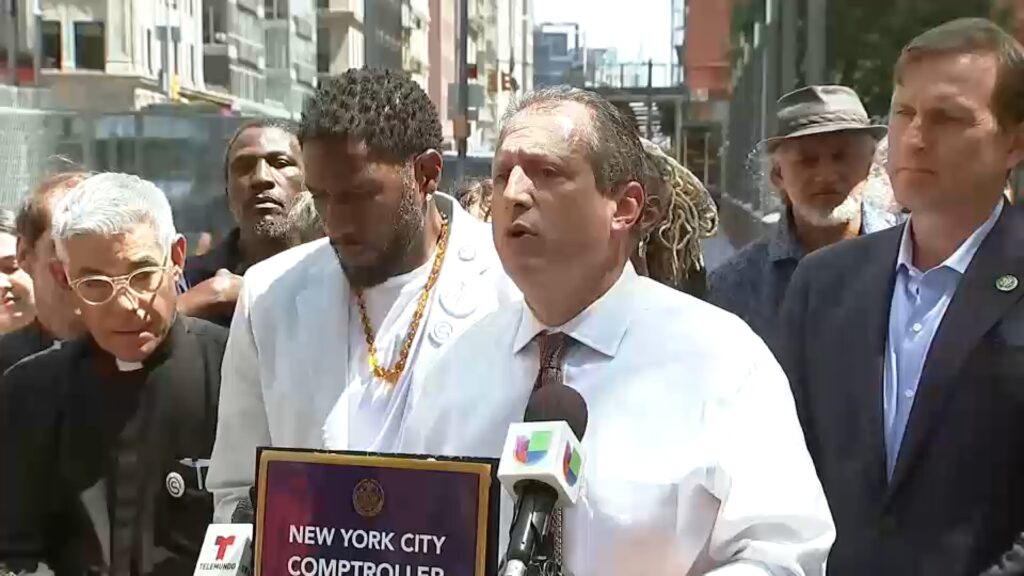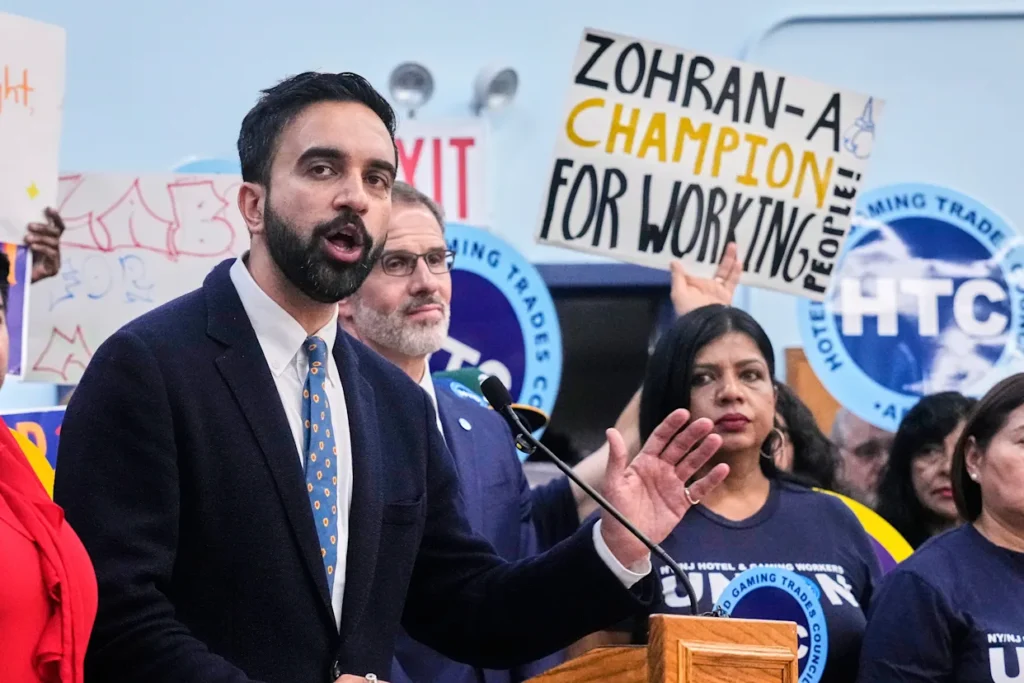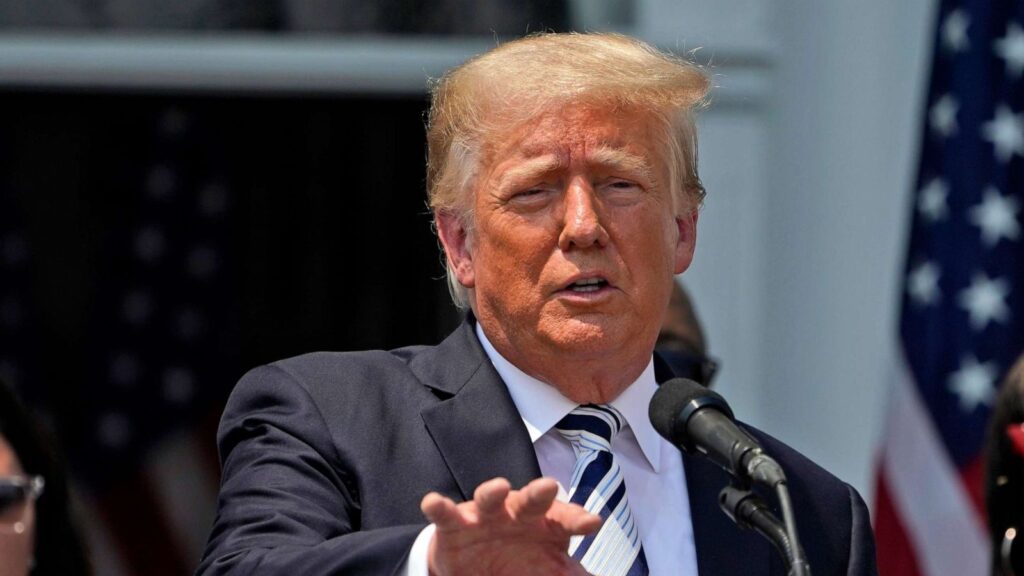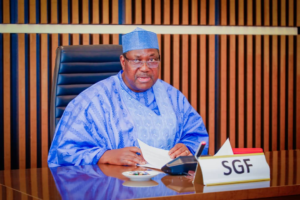Nigeria’s Organised Labour has suggested a living wage of $300 for all workers, asserting that inflation and the escalating cost of living have diminished the adequacy of the current minimum wage of N30,000.
The suggestion was put forth during a recent National Public Service Negotiating Council meeting, coinciding with discussions on a new national minimum wage. Union representatives contended that the existing wage falls short of covering basic needs, emphasizing the adverse effects of the high exchange rate and the removal of fuel subsidies on purchasing power. Comrade Benjamin Anthony, Chairman of the Trade Union Side in the Joint Meeting of the National Public Service Negotiating Council (JNPSNC), conveyed the organized labor’s stance on Tuesday during the 2023 Separate and Joint National Public Service Negotiating Council meetings held at Goshen City, Nasarawa State.
He said: “As earlier stated, the time to review our Minimum Wage has come, in doing this; we must all agree that the current Minimum Wage of N30,000 has since been eroded by the high exchange rate coupled with the abrupt removal of fuel subsidy which has translated into high cost of living in the Country. “There is no gainsaying that the cost of a bag of rice is far more than the so-called Minimum Wage, and to worsen the situation, the Government is not prompt in the payment of the collectively and freely agreed N35,000 Wage award.
“In light of the above, Labour has proposed a Living Wage of $300 for Nigerian Workers. This is due to the fall in the value of our currency, today if you carry N100,000 to the market you will come back with a leather bag of items. “We call on Government to immediately pay the arrears of the N35,000 wage award along with the current and expedited action on the process of getting a new living wage to bring succour to the working class people,” he added.
At the current official exchange rate of N1,482, the proposed new minimum wage would translate to N444,600 per month for the lowest-paid worker in Nigeria. This calculation is based on the exchange rate of the naira against the dollar recorded on Tuesday, January 30, 2024. Represented by the union’s Secretary, Comrade Boma Mohammed, Anthony voiced apprehension regarding the non-remittance of third-party deductions, including cooperative and union dues. This failure, he noted, poses operational challenges for these organizations, resulting in difficulties in meeting obligations like staff salaries, pensions, and insurance schemes. Anthony urged the government to expedite the release and disbursement of these funds to alleviate the hardships experienced by affected workers.
Dr. Folasade Yemi-Esan, the Head of Civil Service of the Federation, responded by emphasizing the importance of dialogue between organized labor and the government to promote peace, stability, and enhance productivity in implementing government policies. She applauded the positive results of past engagements and underscored the theme of the current council meetings, centering on “Digitalization as an effective and efficient tool for service delivery in the Public Service,” aimed at enhancing performance in the workplace.

